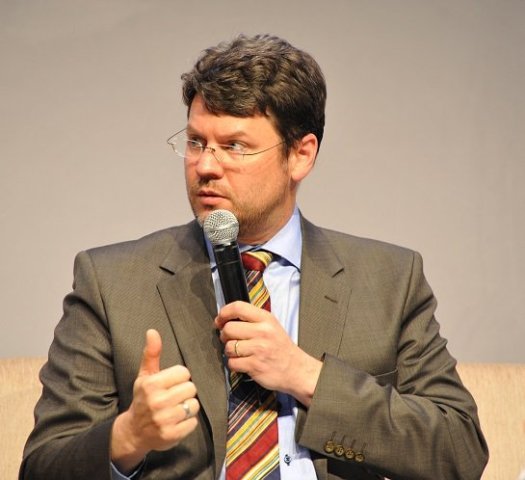Community Work Programme builds social cohesion, says Andries Nel
What makes the CWP different is that it is also a community programme, which must improve the area and the quality of life for the people living there.

- Country:
- South Africa
Corporate Governance and Traditional Affairs Deputy Minister Andries Nel says the Community Work Programme (CWP) does not seek to replace the government’s social grants programme but supplements it.
Addressing the Centre for the Study of Violence and Reconciliation (CSVR) Policy Conference on the role of public employment programmes, Nel explained that CWP is targeted at unemployed and/or underemployed people of working age, including those whose livelihood activities are insufficient to lift them out of poverty.
“CWP provides an employment safety net by providing participants with a predictable number of days of work per month, enabling them to supplement their existing livelihoods and affording them basic income security through work.
“What makes the CWP different is that it is also a community programme, which must improve the area and the quality of life for the people living there.
“CWP has a presence in all local and metropolitan municipalities and is implemented at the local level called a ‘site’ and is designed to employ a minimum of 1 000 people per site for two days a week, or eight days a month,” Nel said.
Nel said the CWP seeks to engage participants in useful work projects, particularly in the poorest and most marginalised communities, targeting women, youth and the disabled.
He said the direct benefit is that there is improved financial well-being provided by stipends, as well as CWP activities focusing on social upliftment and violence prevention.
“The programme also builds social cohesion, creating opportunities for active citizenship and civic cohesion,” he said.
More than 70% of CWP participants are women, many of them with young children. CWP participants receive a stable, though small, income.
With regard to crime prevention, Nel said at some sites, the CWP does direct violence prevention.
“Participants support victims and other community members to access resources for coping with domestic violence, violence against women, child abuse and gang-related youth violence,” he said.
In 2016, the CWP established a partnership with the CSVR and GIZ-VCP [Inclusive Violence and Crime Prevention] to address issues of crime, especially against women and children, aiming to capacitate CWP participants on violence prevention skills.
In 2017, the partnership was formalised and a MOU was signed between the Department of Cooperative Governance and Traditional Affairs (Cogta), CSVR and GIZ-VCP.
The partnership was piloted in Orange Farm, Tembisa, Ivory Park and Erasmus.
(With inputs from South African Government press release)
ALSO READ
Basketball-NZ pro women's league puts men in the shade by doubling pay
"Opposition should learn how to respect women from PM Modi": Hema Malini on Randeep Surjewala's comment
Khelo India Sub-Junior Women's Hockey League: SAI Shakti, Naval Tata register wins
Bengal's image as safest state for women to fall if 1 pc of allegation in Sandeshkhali is true: HC
ICC shortlists Gardner, Bouchier, Kerr as ICC Women's Player of the Month contenders for March










